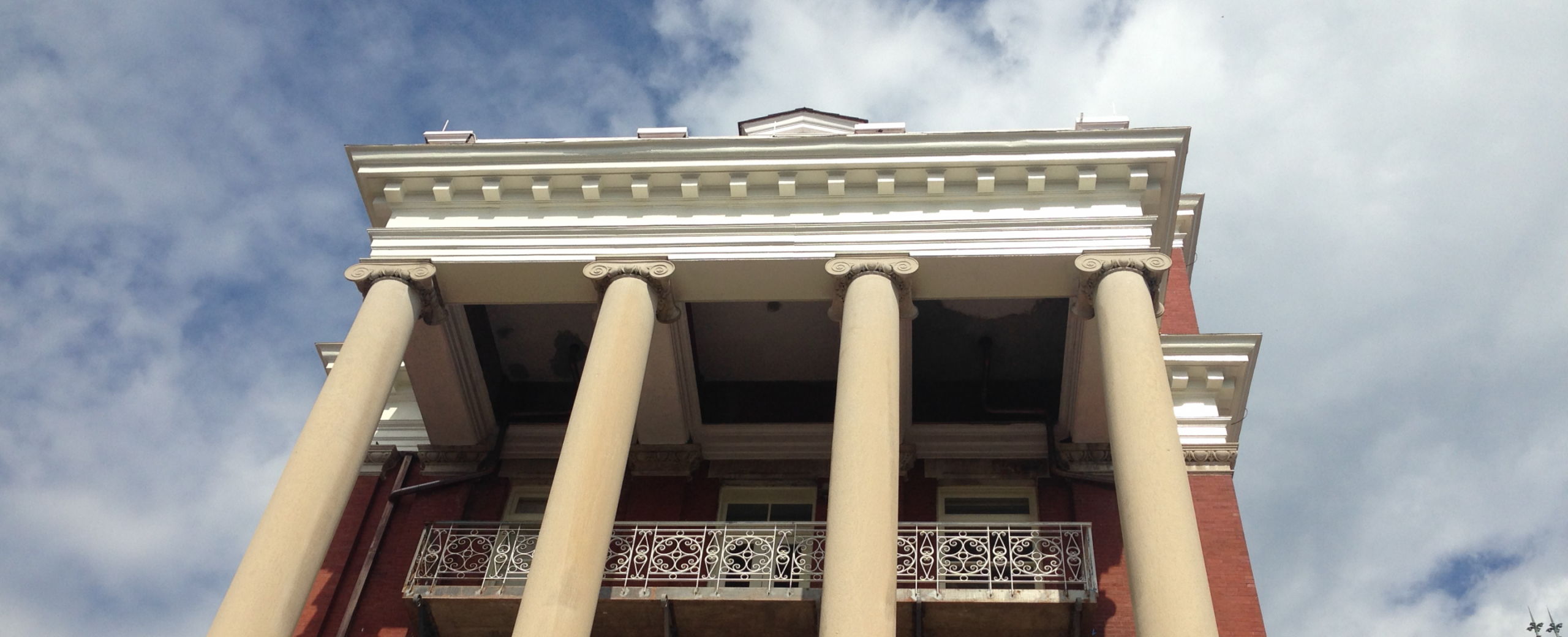Maryland Jesuits sold 272 slaves to plantations in Louisiana In 1838, to keep Georgetown financially afloat. In recent years, the university administration has attempted to make amends with the descendants of the 272. In September 2016, the university’s Working Group on Slavery, Memory, and Reconciliation released its recommendations that the university formally apologize and offer preference in admissions to descendants.
At that time, this editorial board praised the recommendations as a good first step towards reconciling Georgetown’s history with slavery. Still, we believed much more needed to be done. “[The university’s decisions],” we wrote, “ultimately do not do enough to benefit the descendants of enslaved people who worked for the Jesuits.”
This editorial board believes that it is the university’s responsibility to come to terms with its past and right its wrongs by doing what it can to support the descendants of the 272 human beings whose sale allowed it to survive. This includes monetary reparations.
GU272 Isaac Hawkins Legacy Group, an organization which represents the descendants of Isaac Hawkins, the first slave listed on the bill of sale, has recently renewed calls for the university to pay monetary reparations to the descendants. The group acknowledges that the university has taken strides in the right direction by apologizing for its past actions. This includes renaming buildings that formerly bore the names of those involved in the sale to honor Hawkins and Anne Marie Becraft, a free woman of color who established schools in the Georgetown neighborhood. But the group argues that these actions, especially admissions preference, still fall short of the mark.
Renaming buildings might alleviate some of the pain of the past by recognizing that while we should not forget our missteps, we cannot honor those who commited them. An apology shows that the university wants to try and address how its past actions have impacted the lives of generations of people. Likewise, the creation of the Institute for the Study of Slavery and its Legacies as well as the creation and expansion of the Georgetown Slavery Archive are all positive steps undertaken by the university. But, while admissions preference does offer an opportunity to receive an education for some, it does not provide support to the many who do not want to or cannot attend college.
Beyond the actions the university has already taken, reparations allow the university to reach a broader group and make a greater impact on their lives. The university has shown that it wants to make amends, but so far, the university has done this on its own terms. Expanding reconciliation to include reparations allows the descendants of the 272, who were sold on Georgetown’s terms, to decide what to do with the money. Empowering the descendants to make their own choices in this process should be the goal of reconciliation.
Monetary reparations would take the university down a necessary new path by including descendants in the decision-making process. Reparations would allow for descendants to make their own choices regarding the money, whether it be put towards a Georgetown education, tuition at another institution, or anything else they might decide. The importance of the act does not lie in how the money is used. Rather, this act is necessary in order to forgive a debt that the university owes to the descendants of the 272. The very existence of this institution rests upon the backs of the men, women, and children whose lives were uprooted so that the university might continue to operate. Because Georgetown has continued to benefit from their ancestors’ sale, it should repay that debt to the descendants.
This editorial board will not make recommendations as to how that should be done, including how much should be paid out, or for how long. We lack the necessary understanding of the university’s finances and the legal ramifications involved in such a transaction. More importantly, it is not the place of a student newsmagazine to put a price on a human life. But we do believe that whatever route the university might take in this endeavor, it should involve the direct participation of the descendants in making these important decisions. Empowering those whose lives have been affected by our history would make the process more healing and restorative.
While the university continues to work towards this goal of healing its past, it must take that final step to repay its debt. We recognize that the steps the university has taken have been in the , and have at the very least helped to create a dialogue about these issues for universities across the country grappling with similarly dark histories. Monetary reparations would be a sign that the university values both the 272 human beings that suffered to maintain our school and also their descendants. The choices Georgetown made have echoed through history to impact their lives as well. To make things right, Georgetown should heed the call by descendants for reparations, and make sure to involve involve them in every step along the way.






